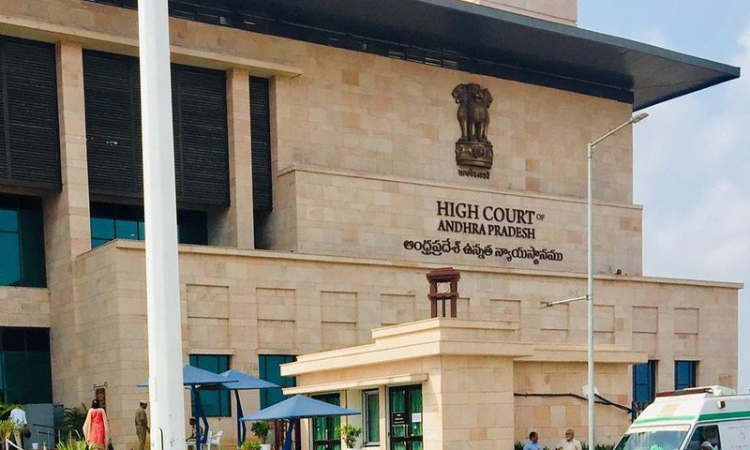The Andhra Pradesh High Court has emphasized the importance of constitutional due process in land acquisition cases, particularly highlighting that no possession equates to no acquisition. In a notable ruling involving P. Sugunamma vs The State Of Andhra Pradesh (2021), the court set aside an order classifying land and fixing ex-gratia compensation, citing violations of Articles 14, 21, and 300A of the Constitution of India.
Key Aspects of the Judgment-
Due Process: The court stressed that deprivation of property without following prescribed legal procedures is arbitrary and illegal.
Land Acquisition Act, 2013: The ruling underscored adherence to provisions like Section 26 (determination of compensation) and Section 108 (consent award).
No Statutory Basis: The ex-gratia payment sans proper acquisition process was deemed non-statutory and violative of constitutional rights.
Right to Property: Article 300A mandates that no person shall be deprived of property save by authority of law.
Implications-
Judicial Scrutiny: Courts assess if acquisitions follow statutory mandates, protecting citizens’ rights.
Compensation: Determination must align with Right to Fair Compensation and Transparency in Land Acquisition, Rehabilitation and Resettlement Act, 2013.
Constitutional Safeguards: Upholds principles of fairness and justice in state dealings with citizens’ property.
Relevant Precedents-
-Tukaram Kana Joshi v. M.I.D.C. (2013): Supreme Court highlighted state’s obligation to comply with acquisition procedures.
-Bachan Singh v State of Punjab (1980): Contextualized judicial approach to balancing rights.
The Andhra Pradesh High Court has reinforced the principle that no possession equates to no acquisition, emphasizing constitutional due process in land disputes. The ruling underscores that deprivation of property without adhering to statutory procedures under laws like the Land Acquisition Act, 2013, violates Articles 14, 21, and 300A of the Constitution of India. The court highlighted that ex-gratia payments without proper acquisition processes lack statutory basis and are arbitrary. This judgment reflects judicial commitment to protecting citizens’ property rights, mandating state compliance with fair and transparent processes in land acquisition, aligning with principles of justice and constitutional safeguards.

